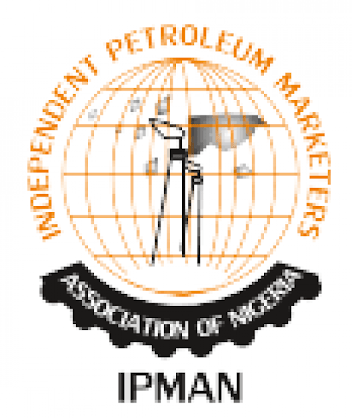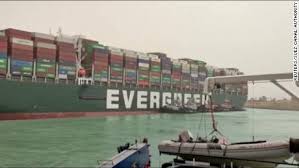Rosemary Onuoha
The Nigeria Insurers Association (NIA) has submitted that the Petroleum Industry Bill (PIB) holds good prospects for the insurance industry, and is calling on the relevant authorities to fast-track its passage into law.
Speaking to Sweetcrude in Lagos, Director General of NIA, Mr. Sunday Thomas noted that the localisation of oil assets will enhance the benefits accruing to insurers in the business of oil and gas risk underwriting.
“For the Petroleum Industry Bill, as far as localisation is concerned , I think the insurance industry has a lot to gain because the more oil and gas assets that are owned by indigenous firms, the more we benefit from it as an industry.”
On whether local underwriters have the capacity to underwrite oil and gas risk, Thomas noted that there is capacity but it has to be improved upon.
According to him, the capacity to fully underwrite oil and gas risk in any one particular market is not realistic, adding that “no country has the capacity to wholly underwrite oil and gas risk in its own market, however, the capacity we are talking about is the ability to retain more of the risks in the local market.”
Thomas noted that local underwriters have the capacity because oil and gas is a class of special risk to the extent of their finance and human capacity. He however added that the current level of capacity has to be improved upon, if more risks have to be retained in this market.
It will be recalled that the issue of capacity has always generated controversy between underwriters and the oil majors to the extent that the Nigerian National Petroleum Corporation (NNPC) posited sometime that Nigerian insurance companies lack the financial strength and required technical competencies to underwrite the high risk oil and gas industry.
Mr. Modupe Odunayo Bammeke of the NNPC noted that Nigerian insurance companies have achieved significant growth in capital base and competencies following capitalization, but still have not gotten there in terms of underwriting oil and gas.
However, former Managing Director/Chief Executive of UnityKapital Assurance Plc, Mr. Mohammed Kari accused the NNPC of frustrating the Nigeria Content Policy by not patronising local insurance firms and encouraging them to participate in the operations of the country’s oil and gas industry.
Kari said, though the Nigerian Content Act expects that at least 70 per cent of all oil and gas industry businesses should be domiciled in Nigeria as from 2010, the NNPC is still channeling all its insurance businesses to an offshore firm it has registered for that purpose.
“The coming of the Local Content law is a good development. It was an attempt by government to redress the problem of lack of capacity in the insurance industry by encouraging oil and gas operators to insure in the Nigerian market. With the law, Nigerian insurance sector should be underwriting at least 70 per cent of all insurance businesses in Nigeria. But, it is highly doubtful if the local market retains up to 4 per cent today, whereas about 96 per cent of the businesses are channeled out of Nigeria, because of lack of capacity. The NNPC, which represents government in the industry, is the biggest problem against the success of the local content policy.”
According to him, the action has denied local insurance companies of the opportunity of making its impact felt.
He pointed out that this arrangement, which generates huge foreign earnings through net retention of revenues to the international insurance market, had denied the local market the opportunity to be involved in even renewal of oil policies.



